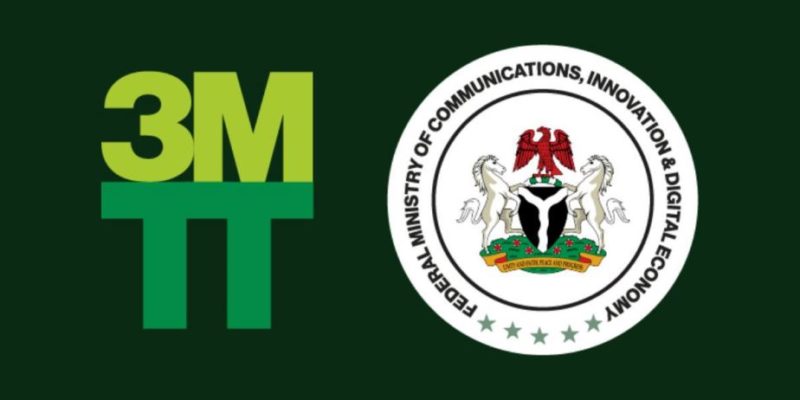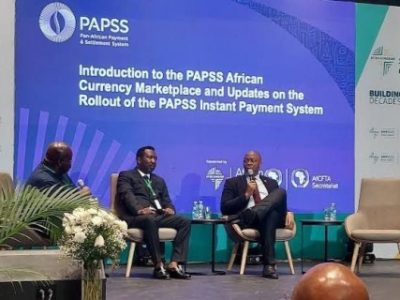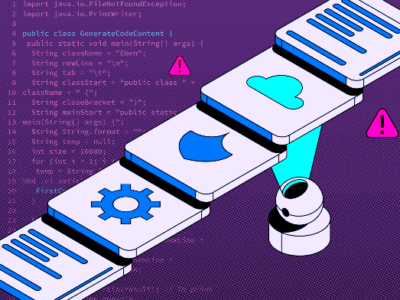By Daser David
The 3MTT initiative by the Ministry of Communications, Innovation, and Digital Economy holds promise for cultivating a pool of skilled tech professionals in Nigeria. However, to ensure its long-term success, there is a need to delve into the program’s details and its purpose within the current Nigerian Government.
RELATED: Nigeria targets to train three million technical talents in four years
Sharing my insights on the 3MTT initiative, particularly based on my experience with Code Plateau in Plateau, I suggest implementing a deliberate policy for the recruitment of program participants as interns within Nigeria. Incentives for those companies taking up these interns are crucial to mitigate post-program dropouts and sustain the initiative’s impact.
Considering that many tech companies prefer hiring senior developers, I propose adding another layer to the existing 3MTT structure. This additional layer should focus on upgrading program “fellows” to a medium-level skill set, aligning with industry demands.
My perspective emphasizes the importance of establishing a policy direction for the 3MTT initiative to become fully institutionalized. By envisioning a policy where tech organizations are mandated to admit program participants as interns for a defined period, we can ensure a systematic approach to skill development. Moreover, tying eligibility for government IT contracts to the successful completion of such internship programs can further incentivize industry participation.
The recent launch of DevsinGovernment, an initiative to enhance the use of technology in the Nigerian Civil Service, aligns with the government’s efforts. The Minister urged the technology community within government entities to explore the concept of Digital Public Infrastructure (DPI) to transform the Civil Service and enhance public services.
My take on this is that to be able to synergize the efforts of DevsinGovernment and 3MTT, creating a platform or connection point between them would be beneficial. This integration could facilitate practical knowledge transfer, propelling 3MTT fellows from junior to intermediate levels. The collaboration could inject fresh ideas into the public sector.
The prevailing situation in government IT is a reliance on proprietary software from various vendors. To empower the technology community within government entities, policies should be enacted to mandate the retention of intellectual property rights or enable an open-source deployment model for any software solution used in the public sector. This shift would promote collaboration, community, and a sense of ownership among government technologists.
A Government Open Source Policy could catalyze integrating 3MTT fellows into government solutions. This approach would lead to cost savings on software maintenance, as fellows gain experience in developing and maintaining government services. The potential for creating a larger community encompassing both DevsinGovernment and 3MTT is evident, presenting a win-win scenario for the government and the tech professionals involved.
The 3MTT initiative effectively gathers individuals expressing interest, allowing astute organizations to selectively engage with them. The assurance that someone else has borne the expense of providing them with essential information for free is a testament to President Tinubu’s commitment. President Bola Ahmed Tinubu has taken care of the cost!
In essence, these musings propose a strategic alignment of the 3MTT initiative with policy measures to secure its integration into the broader landscape of the Nigerian tech ecosystem.

David, founder of nHub, is former Director General, Plateau State Information Technology Development Agency (PICTDA).





























